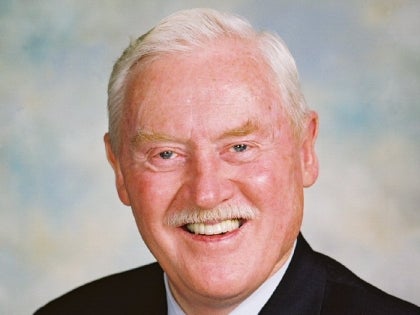
Teens Charged With Sexting Have New Option
By TED PHILLIPS ted.phillips@newsday.com
A new law gives courts an alternative to criminal prosecution of teenagers who exchange explicit cellphone photos of themselves or peers.
The measure, signed by Gov. Andrew M. Cuomo, gives courts and prosecutors pursuing "sexting" cases against teenagers the option to have them complete an eight-hour education course, and to have criminal charges dropped.
"You're trying to figure out how to deal with conduct that might otherwise be criminal or chargeable and yet it's not necessarily appropriate to use the criminal justice system," said the bill's sponsor Sen. Kemp Hannon (R-Garden City). The new law creates a tool for the justice system "when it's really not egregious criminal conduct," he said.
It is illegal in New York to distribute obscene nude photos to minors. The new program can be used if the sender and receiver of the images were 19 or younger at the time of the exchange, and they are not more than five years apart in age.
Nassau County District Attorney Kathleen Rice said in a statement that the new law was "common sense legislation that will deter teenagers from engaging in this reckless and destructive behavior, while sparing some a criminal record for youthful misjudgment."
Though Hannon said he was not aware of any minors having been charged in sexting cases in New York, it's a phenomenon the legal system has been trying to catch up to; in some states, sexting kids have been charged under child pornography laws.
Since 2009, at least 14 states have enacted bills to address youth sexting and this year 21 states introduced sexting bills, according to the National Conference of State Legislators.
"What we're seeing is kids being arrested on child pornography charges in circumstances where a lot of people think it's inappropriate because child pornography law was designed to protect children from predators, not to protect them from themselves," said New York University Law School professor Amy Adler.
"Kids are increasingly taking pictures of themselves in sexual positions and it becomes part of flirting and part of sexual experimentation, but it can also be used in more sinister ways as part of harassing other kids," she said.
Hannon said the law, which Cuomo announced he had signed last week, was a first step and that more legislation would be drafted but did not elaborate.